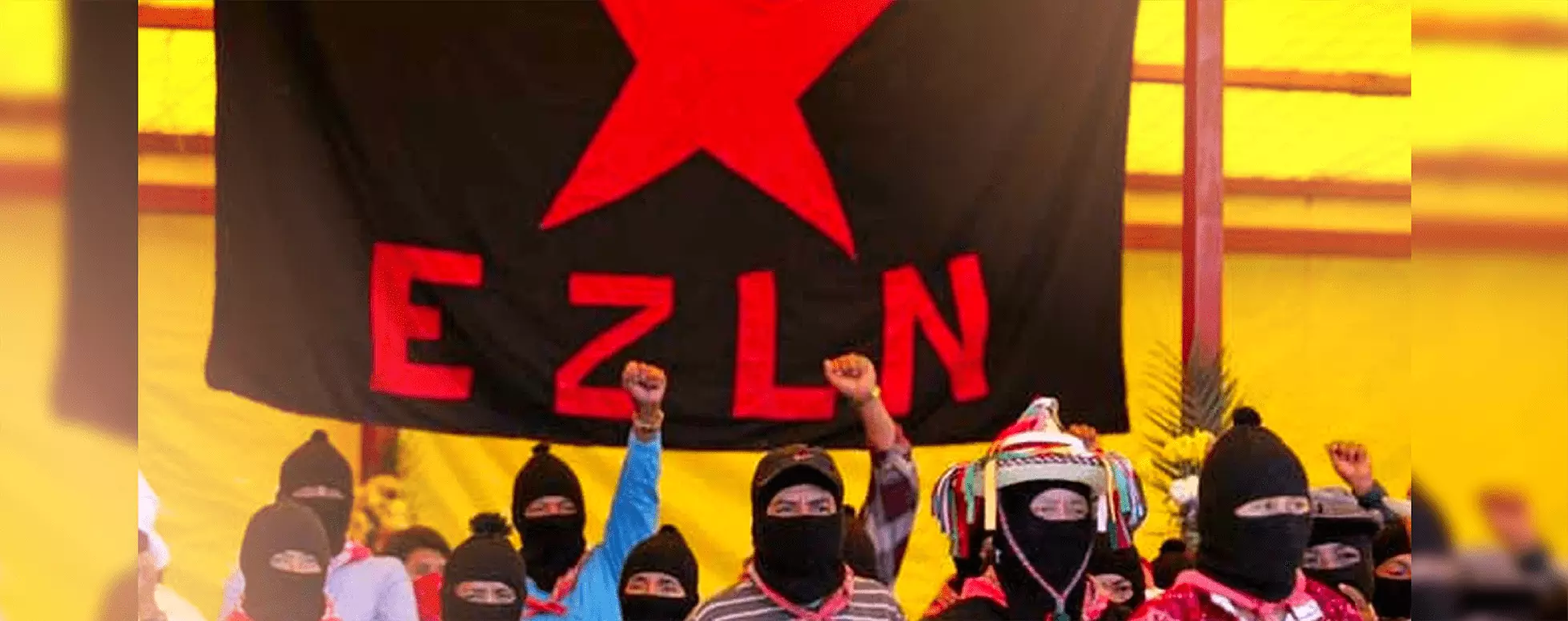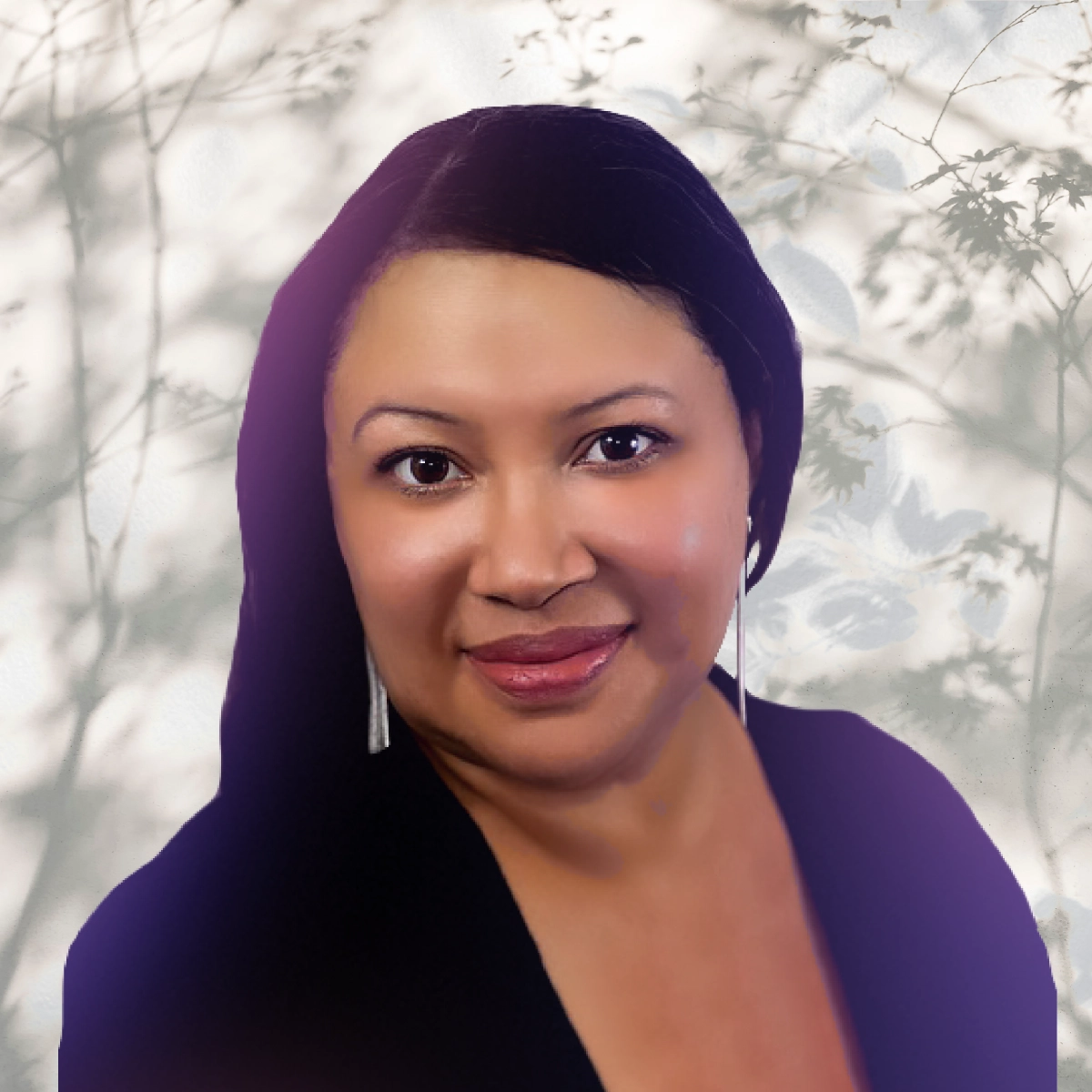On January 1, 1994, the concept of Zapatismo arrived when a resistance group took up arms and seized several towns in Chiapas, Mexico. The group primarily consisted of a band of separate and mixed Indigenous tribes with their own customs including Ch’ol, Tzeltal, Tzotzil, Tojolobal, Mam, and Zoque. The event made headlines worldwide and sparked a movement for Indigenous rights, autonomy, and social change.
The Zapatista Revolution’s uprising, which occurred on the day the North American Free Trade Agreement (NAFTA) went into effect, was a revolutionary movement led by the Zapatista Army of National Liberation (EZLN) in the southern state of Chiapas, Mexico. Zapatistas, as they are commonly known, emerged from decades of organizing among Indigenous peoples to address the systemic issues of poverty, discrimination, and lack of representation faced by Indigenous communities in Mexico. They demanded that the government recognize their rights to land, autonomy, and self-determination and called for a new political and economic system that would benefit all Mexicans, not just the wealthy elite.
The Zapatistas’ uprising was a call to action for marginalized communities worldwide and continues to inspire movements for Indigenous rights and social change. Though their initial spark in 1994 came with physical conflict with the Mexican military, the Zapatistas have since focused their efforts on building autonomous communities that are centered around their Indigenous traditions while seeking to create what they refer to as “‘Un Mundo Donde Quepan Muchos Mundos’ (‘A World Where Many Worlds Fit’) by emphasizing the dignity of ‘others,’ belonging, and common struggle, as well as the importance of laughter, dancing, and nourishing children.”
There is much to learn from the Zapatista Revolution and movement, like the demand for equity and belonging and the honoring of all that is ancestral. Let’s take a closer look at the seven Zapatista principles and how they can be incorporated to make a more equitable and suitable world for everyone.

1. Obedecer y No Mandar (To Obey, Not Command)
This Zapatista principle emphasizes the importance of executing the will of the people, while holding a position of leadership. In Zapatista autonomous communities, leadership positions are short-lived. This reflects the need for leaders to obey the collective desires of the community rather than command them from a position of power.
2. Proponer y No Imponer (To Propose, Not Impose)
Humility is a key part of life for the Zapatistas and aligns with their practice of debate and self-reflection. Therefore this principle is birthed from Zapatista culture of proposing a path forward and not imposing one.
3. Representar y No Suplantar (To Represent, Not Supplant)
Deriving from the Zapatista understanding that before the colonizer arrived, Indigenous people governed themselves. This principle is guided by the importance of self-governance for the Zapatistas and is grounded in the collective trust of the community to represent what the community wants.
4. Convencer y No Vencer (To Convince, Not Conquer)
The principle to convince not conquer is important to the Zapatista practice of dialogue and assembly. For the Zapatistas convincing requires logical argument, reflection, consideration of many viewpoints, and open discussion.
5. Construir y No Destruir (To Construct, Not Destroy)
The fifth principle is rooted in an ethic of anti-destruction and an end to exploitation. This principle is a practice in creating the institutions and the world that we want. This includes the unique Zapatista view of both relationships to humans and the land.
6. Servir y No Servirse (To Serve Others, Not Serve Oneself)
A traditional value for the Indigenous people of Chiapas is humility. The Zapatista slogan, ‘Para todos todo, para nosotros nada’ (Everything for Everyone, Nothing for Ourselves), is at the core of this principle. Every Zapatista must find a balance in serving others for the collective while taking care of their individual family work.
7. Bajar y No Subir (To Work From Below, Not Seek To Rise)
In Zapatista communities ‘trabajo colectivo’ (collective work), is a way of life. This seventh principle aligns with the mentality of working at the grassroots level for the benefit of your community.
Overall, the principles of Zapatismo can serve as a guide for people to navigate complex social issues and strive for equality and justice. It is favorable to listen to and respect the voices of marginalized communities, engage in dialogue and collaboration, and strive for progress and unity rather than division and destruction. If you are seeking to adopt some of these principles for yourself, please internalize the words directly from the Zapatistas: “Zapatismo is not a new political ideology or a rehash of old ideologies. Zapatismo is nothing; it does not exist. It only serves as a bridge to cross from one side to the other. So everyone fits within Zapatismo, everyone who wants to cross from one side to the other. There are no universal recipes, lines, strategies, tactics, laws, rules, or slogans. There is only a desire – to build a better world, that is, a new world.”





